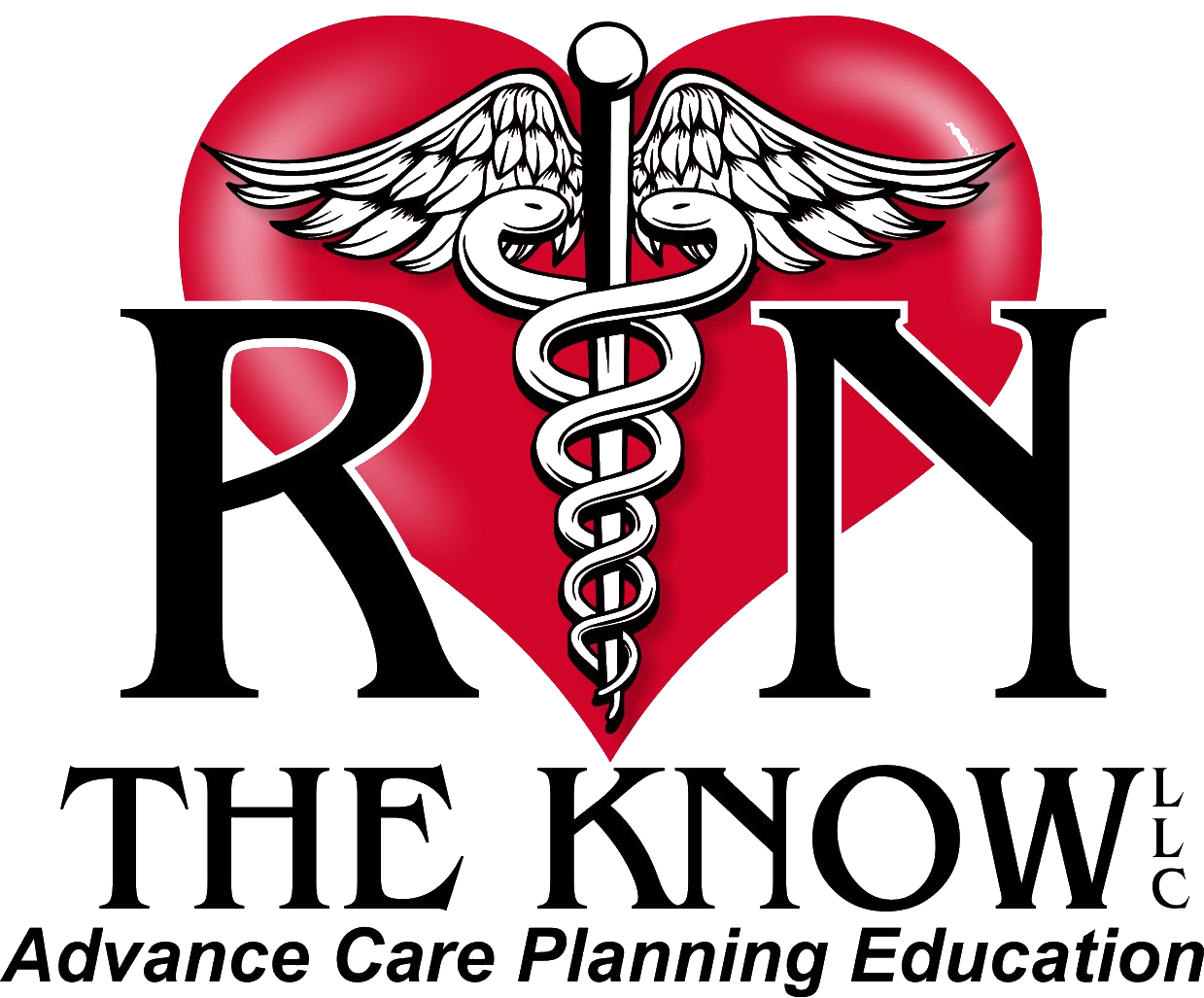An Advance Directive is a legal document in which a person appoints an agent or proxy and records their wishes pertaining to their future medical treatment, should they be unable to verbalize these wishes at a later time. It is also known as a living will because your wishes are known while you are still alive. An agent or a proxy is someone whom you name to make your healthcare decisions when you are unable. I touch upon little known facts about dealing with our present healthcare system and how one progresses through it.
What Is It Not?
- It is not a ‘DNR’ or a ‘do not resuscitate’
- It has nothing to do with your finances
- It is not a last will and testament
- It is not something written in stone and can be changed as many times as you wish, as your health and situation changes
Why Do You Need One?
As American’s, we avoid discussing death, like it is not going to ever happen to us. Well. It will happen. All too often we neglect formalizing our wishes and by the time we realize the need, the window of opportunity to act has closed. You are likely unaware of the unnecessary misery that plays out on a daily basis, in just about every hospital across this country, over and over again. Trust me–the Palliative Care Teams’ dance cards are booked days in advance, all to discuss care about a person who, in all likelihood, cannot participate in the discussion. These conversations are extremely difficult and emotionally laden while in the moment. The people who attend are usually wholly unprepared for these chats, often due to denial, grief, a lack of sleep, or a basic lack of medical knowledge.
Give your loved ones a true gift that can alleviate and dispel any lingering feelings of guilt or regret, because you took the initiative and documented your desires. What you do not know CAN hurt you or those that you love! So, stop by and let’s have that conversation before the crisis! You will be so very glad you did! You cannot buy peace of mind.
Consider the Impact on Nursing
Please take a moment to consider in what situation our professional nurses are being placed every time they work a shift. I have witnessed and participated in cases when I knew in my gut that the person in that bed would have never consented to the care that I had been directed to provide. I have experienced people pushing my hands away, as I went about caring for them and that leaves a lasting and disturbing mental image. I believe that most people would never consent to dying a violent death, which is essentially what happens when cardiopulmonary resuscitation (CPR) is unsuccessful. When nurses do something that conflicts with our core values it is called moral distress. This leads to burn out in nurses; the human psyche can only take so much! In case you hadn’t heard, we are in the middle of a nursing shortage and it is not projected to improve anytime in the near future.
Although we have been named the top Most Trusted Professional by the public in terms of honesty and ethical standards, according to a poll Forbes has done for years, we are frequently in an awkward position of not being able to fully speak our minds because we need to maintain our jobs. Think about how many times you have ever read an article written by a nurse or about a nurse who was speaking about various ethical situations. Ever wonder why you rarely see such a thing? Trust me! We likely have very strong opinions but are not at liberty to express them due to our need to preserve employment.
Our current culture avoids speaking of death, as if it will negate the inevitable from happening. This can create great distress for all parties involved, including the professionals caring for that person, so do your part! I am positive that most nurses relish caring for the person who took the time to ensure their wishes were documented, avoiding much of the family drama that ensues when there is ambiguity. Remember: If your family’s dynamics are a bit dysfunctional normally, it only intensifies when stress is placed on the family unit. Guess who has to not only deal with a critically ill individual but irrational family members as well?
Eliminate Waste
If you are concerned about this country’s healthcare spending, this is your opportunity to make a significant impact. Would you believe that as a critical care nurse, I would often attempt to locate patients’ family members from reviewing their FaceBook pages? Honestly, I should have been providing excellent nursing care to a patient in need but instead I was surfing the net to try and locate their decision makers.
Think about the cost that can be avoided when the healthcare team knows what you want and who you want involved in decision-making. Remember, while the hospital is trying to get people organized and scheduled to come to the table, your care hangs in the balance. And the monetary clock continues to tick. I would be willing to bet that billions of dollars could be saved if everyone documented their wishes.
